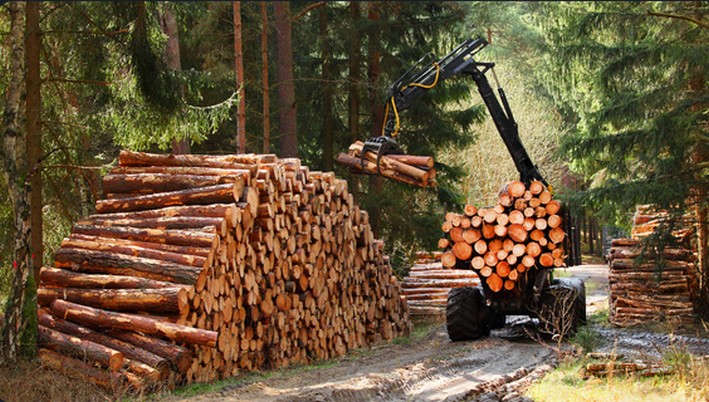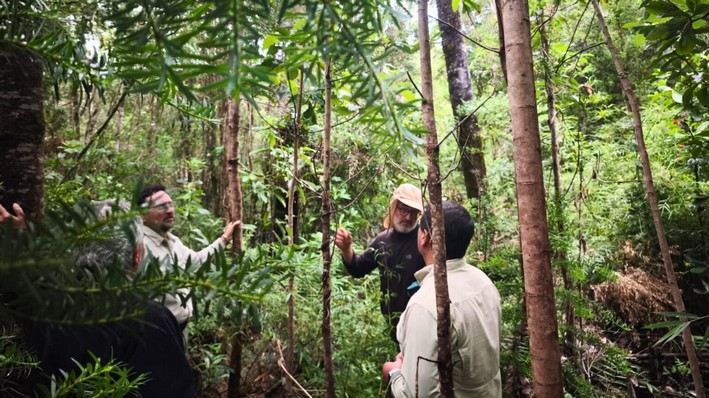The recent imposition of tariffs by the United States on wood and its derivatives has raised alarms in the Chilean forestry sector. Although impact analysis has primarily focused on large companies and macroeconomic figures, industry associations warn that the most vulnerable—and least visible—side of this crisis are Small and Medium-sized Enterprises (SMEs). These firms, which form the foundation of the production chain, could face massive closures if specific support measures are not designed.
Sector Strategy: Diplomacy and Internal Stimulus
Facing a "perfect storm" that combines new tariffs with existing internal issues—rural violence, timber theft, forest fires, and rising labor and energy costs—the industry proposes a strategic response with a dual focus.
Ignacio Vera Izquierdo, general manager of Forestal Santa Blanca, agrees with the associations, stating that the solution must be both external and internal: "Diplomacy is not enough; an economic environment that drives activity and strengthens SMEs is needed so they can diversify and withstand the external shock."
The impact of the tariffs is not only economic: it is profoundly social and territorial. Ignoring small and medium-sized players would be a strategic mistake, as they are the ones generating employment in regions and sustaining the productive base of the sector.
The Association of Forestry Contractors (Acoforag) warns that the measure will directly affect employment, in a context where nearly 3,500 jobs have been lost in the last decade and over 50 contractors have disappeared.
The association has been emphatic in stating that "if the State does not act, the country is heading towards a new 'Lota case' in the forestry sector, with irreversible social and economic consequences."
The plan is structured around two main axes:
Strategic Diplomacy: Strengthen bilateral negotiations, highlighting that Chilean products are complementary to U.S. ones and come from sustainably managed forests.
Local Stimulus and Bureaucratic Reduction: Boost domestic demand, promote the use of wood in construction, and facilitate SMEs' access to capital. The president of Corma, Rodrigo O'Ryan, has also requested reducing the "permitting" that hinders investment and growth.
Unviable Tariffs for Narrow Margins
The United States represents the second destination for Chilean forestry exports, with over US$1.06 billion in 2024. According to estimates from the Undersecretariat of International Economic Relations, 97.9% of these shipments will be affected by the new tariffs.
While diversified companies like Arauco and CMPC can cushion the impact thanks to their operations in the North American country, SMEs lack that absorption capacity.
Rodrigo O'Ryan summarizes it this way: "For a company with a 10% margin, cutting 10% is a lot proportionally. For many SMEs, absorbing this tariff is simply unviable."
The sector has already recorded the closure of 169 sawmills in the last five years.
Social Risk: A Forestry "Lota Case"
"If their difficulties are not made visible and specific support measures are not designed, we could see massive closures and the disappearance of local suppliers," says Ignacio Vera Izquierdo.
"Healing the sector from its base is the first step to turning this threat into an opportunity for development with social and territorial legitimacy," concludes Vera.
Source:Portal Innova







Comments (0)
No comments yet. Be the first to comment!
Leave a comment